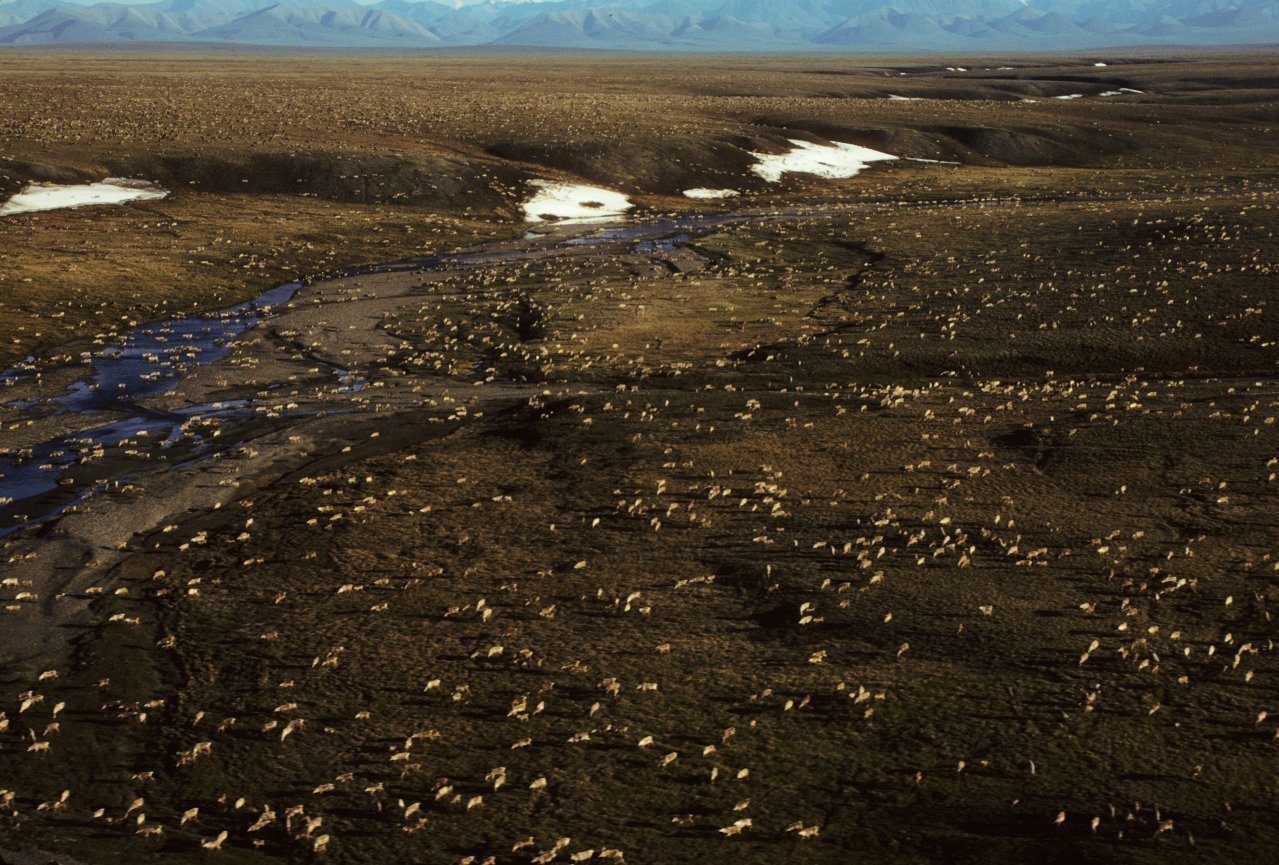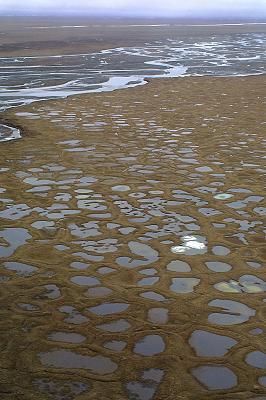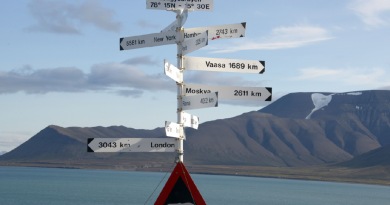Seismic work in Alaska’s ANWR: Can they do that?

(U.S. Fish and Wildlife Service/AP File/CP)
The Interior Department, as the Washington Post reported last week, is trying to let industry into the Arctic National Wildlife Refuge, to conduct seismic exploration on the coastal plain. The prospect has environmentalists crying foul. But is it legal?
When Congress was redrew the map of Alaska’s federal lands in 1980, it couldn’t decide whether the flat part along the coast of the Arctic Refuge should be wilderness or oilfield. So it said it would decide later. That was in the Alaska National Interest Lands Conservation Act. Congress also called for a report on what might be there, with seismic work to inform that report.
That was done. Congress got its report in 1987. And for 30 years, the Interior Department maintained any more seismic work – like drilling – would require an act of Congress.
David Hayes was the Deputy Interior Secretary in the Clinton and Obama administrations. He said a formal memo on the subject by the Interior solicitor in 2001 was crystal clear.
“It was quite definitive that the window was closed,” Hayes said.
But then in 2013, the state of Alaska claimed that the window was still open because, if you take a close look at ANILCA, the law does not provide a date saying when authority for seismic work would expire.
U.S. District Court Judge Sharon Gleason decided in favor of the Obama administration in 2015. She said when you look at the context of the law it was “reasonable” to read ANILCA as saying the authority for seismic work was a one-time deal and the window closed in 1987.
Rewriting the rules

The judge did not say that was the only reasonable interpretation. And we may find out if a very different interpretation can pass judicial muster, too, because there’s been a sea change in management at Interior.
The attorney who argued the state’s case, David Bernhardt, is the new deputy secretary of Interior. The department is now moving to rewrite its rules to allow more seismic exploration on the coastal plain. Hayes, the former deputy, said this is folly.
“They’re picking a fight that makes no sense to pick,” Hayes said. “And it’s going to be a big distraction and for what purpose?”
With oil prices low, Hayes said no oil company is going to want to go to the expense.
Alaska Oil and Gas Association President Kara Moriarty calls that argument a red herring.
“You don’t know that until you put… it out for an opportunity to shoot the seismic,” Moriarty said.
Moriarty said it would be good to get equipment back in to shoot seismic waves into the coastal plain, because technology is so much better than it was in the 1980s.
“Why do we not want to know what’s there?” Moriarty said. “Why wouldn’t Americans want to know what your resources are in a more concrete way?”
According to an Aug. 11 memo, the U.S. Fish and Wildlife Service has been ordered to begin work on an environmental assessment as well as new regulations that extend the date for seismic work.
One person who will be following it closely is attorney Brook Brisson at Trustees for Alaska, a law firm that intervened on behalf of environmental groups in the state’s case to allow more seismic.
“The Department of Interior’s consistent position for 35 years has been that ANILCA allowed only that one-time exploration program,” Brisson said. “Interior has said this over and over for decades.”
Related stories from around the North:
Canada: Strong regional focus, including on Arctic, key for next IPCC report say climate experts, Eye on the Arctic
Finland: U.S. pullout from Paris climate pact condemned by Finnish leader, Yle News
Greenland:Greenland earthquake and tsunami – hazards of melting ice?, blog by Irene Quaile, Deutsche Welle
Norway:As Arctic weather dramatically changes, world meteorologists take on more joint forecasting, The Independent Barents Observer
Russia:Environmental group Aetas declared ‘foreign agent’ in Russia, The Independent Barents Observer
Sweden:Sweden could be a model of sustainability, says environment professor, Radio Sweden
United States: Lack of sea ice has deep impact on wildlife and upcoming weather in Alaska, Alaska Dispatch News



